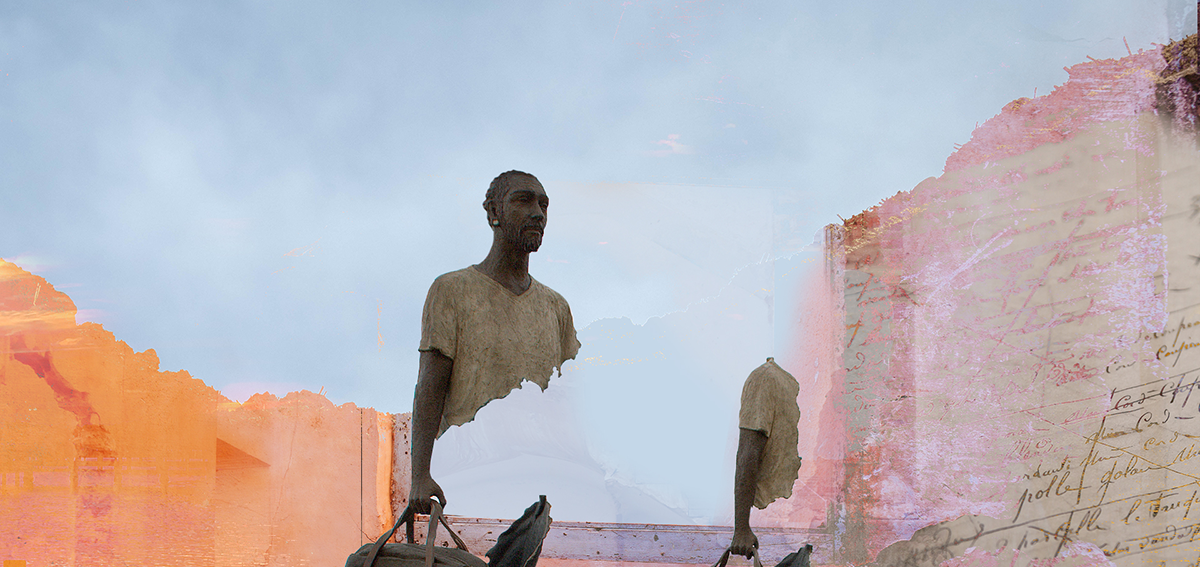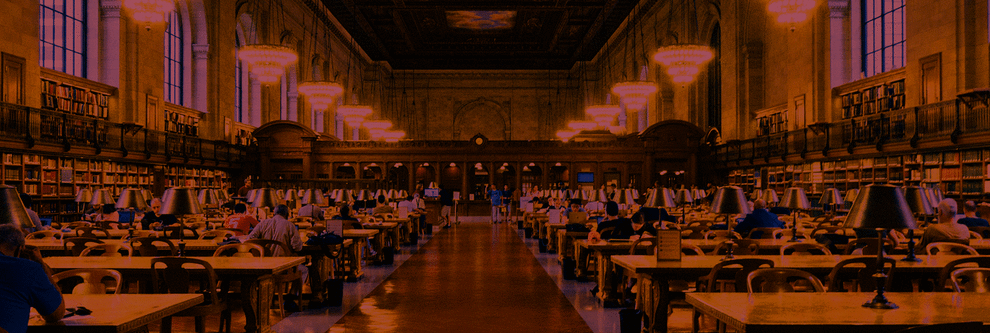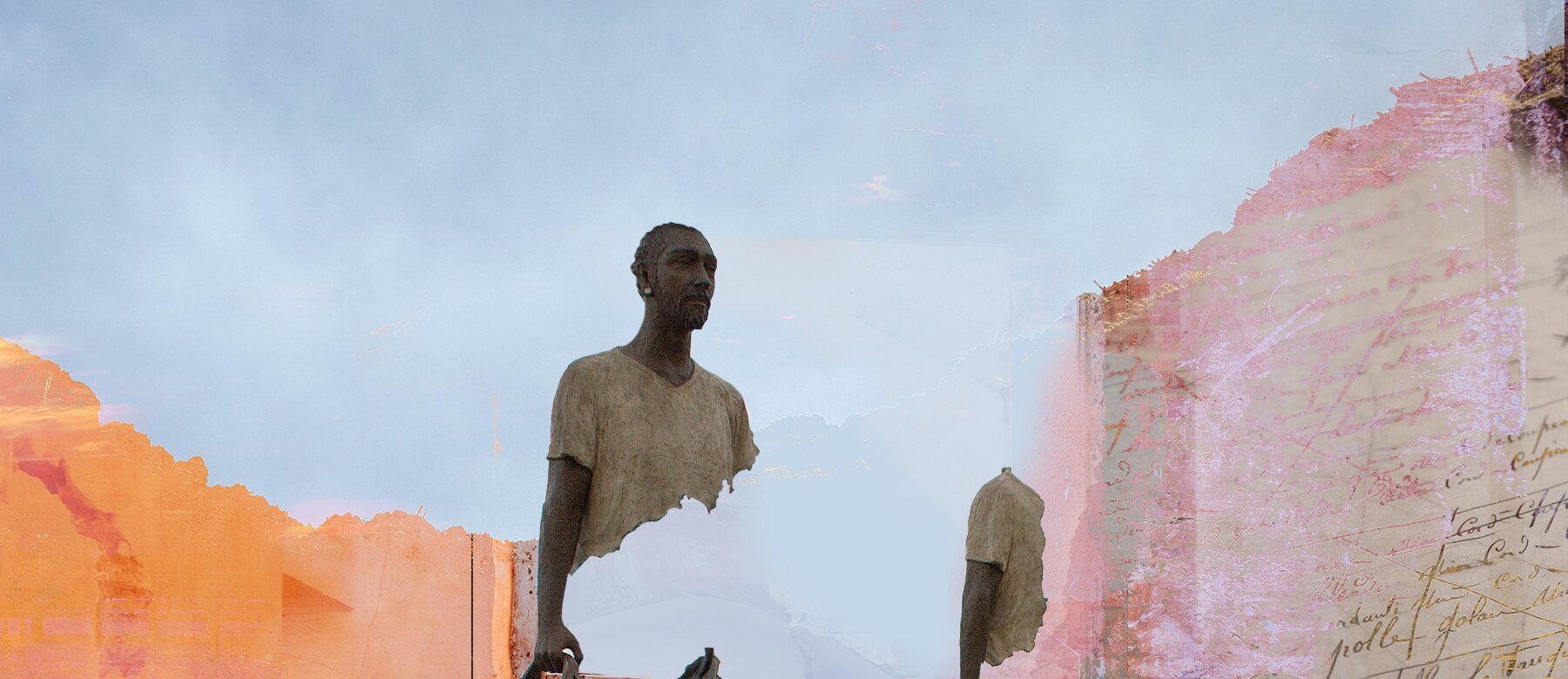Intellectuals in exile: a humanism without borders
Second edition of the lecture series

Published at 30 January 2024

Exile has never spared intellectuals. In the twentieth century, and right up to the present day, it has even been one of the usual conditions for the life of the mind. But while it forces thought and creation to take a break, it also sometimes leads them to flourish elsewhere, or even to be nourished by this situation of loss and constraint.
The series of lectures entitled "Intellectuals in exile: a humanism without borders" seeks to highlight the complexity of these intellectual trajectories and their importance for the renewal of thought and democracy.
Each conference is organised around one or more exiled intellectuals, most often hosted at the FMSH or the EHESS. Along with the specialists invited to present them, these intellectuals represent a wide range of backgrounds, including their country of origin, their preferred discipline, and the period and conditions of their exile.
This series of conferences is the fruit of more than ten years of collaboration based on shared values, such as support for democracy and human rights. It has been organised on the initiative of Álvaro Vasconcelos by the Calouste Gulbenkian Foundation and the Fondation Maison des sciences de l'homme (FMSH).
Speakers :
Bassma Kodmani was a Franco-Syrian intellectual and the author of a remarkable work on democracy in the Arab world. Exiled to France with her family, Bassma Kodmani was intensely involved in the fight for freedom in her native country. Many families in the Middle East have found in exile the conditions to bring up their children in an atmosphere of freedom. The multiplicity of identities of the children of exiles is an enormous asset for host countries and an essential component of our common humanity.
Speaker:
During the Second World War, with the occupation of France, many French intellectuals took refuge in New York, including Antoine de Saint-Exupéry, André Breton, Pierre and Hélène Lazareff and Claude Lévi-Strauss. His presence in New York had an enormous impact on American intellectual life, as well as on his own creative work, thanks to his contacts with American scientific and artistic currents. It is this extraordinary intellectual and artistic adventure, this mutual fertilisation, that will be the focus of our debate, reminding us that the question of exile is a universal theme.
Speakers :
25 April 2024 will mark the 50th anniversary of the Carnation Revolution, which put an end to 48 years of dictatorship and colonial empire and triggered a wave of democracy in Europe and around the world. Mário Soares (1924-2017), twice Prime Minister and President of the Republic, was the central figure in Portugal's democratic transition and new European destiny. Like thousands of opponents of the dictatorship, he lived in exile in Paris (1969-1974). Through this major figure in the opposition to Portugal's dictatorial regime, we want to reaffirm the ideals of freedom and equality of the Portuguese April democratic revolution, pay tribute to all Portuguese exiles in France and to the hospitality received in this host country.
--
Information on the other two conferences coming soon
Since its creation, the Maison des sciences de l'homme has worked to promote constant dialogue between intellectuals from all countries, including those whose voices were in danger of being stifled at home by political constraints. Today, the FMSH continues this commitment to academic freedom through its support programmes.
For the Portuguese, France and Paris were a land of asylum during the years of dictatorship. These conferences will also be an opportunity to recognise the importance of this hospitality in the reconquest of democracy.
Not since the Second World War has the affirmation of a humanism without borders been so urgent. The FMSH and the Calouste Gulbenkian Foundation are committed to this project, in which experiences of hospitality in the past echo the importance of hospitality today.
Cycle of conferences
February-June 2024
--
Le Comptoir
1st floor of the FMSH
54 boulevard Raspail, Paris 6
--
OUR PARTNER





Follow our news and receive our invitations!


